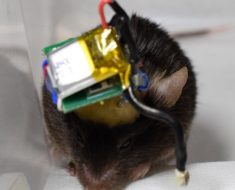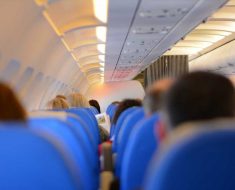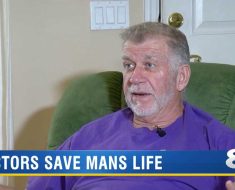Talking points
- Queensland worst-ever HIV outbreak is emerging among young indigenous people from Cairns to Cape York.
- Queensland Health recently axed $780,000 for an anti-HIV drug trial, because the drugs are now available on the Pharmaceutical Benefits Scheme.
- However it returned $870,000 to help promote the scheme as news of the HIV outbreak emerges.
The Queensland government’s decision to suddenly withdraw $740,000 from trials of a successful HIV drug trial has put more than 1400 men “in limbo”, according to a sexual health expert closely linked to the trial.
That was despite $870,000 in funding being restored over the weekend, to transition men off the drug trial and allow them to instead obtain the anti-HIV tablets from prescriptions.
The situation has been compounded by Australia’s worst HIV outbreak among Indigenous Australians emerging in Cairns, Cape York and the Torres Strait.
Health Minister Steven Miles has restored funding to the Queensland AIDS Council.
“It is the biggest Indigenous outbreak of HIV that we know of, ever,” the sexual health expert said.
“We have had 41 cases since 2014. Where we would normally have one or two each year, we had 16 in one year.
“We would have expected eight, maybe 10 at most.”
The expert, who spoke on the condition of anonymity, said the pressure of 1400 men coming off the trials where the HIV drug has been provided free will now put pressure on GPs and clinics to meet the immediate demand for the PrEP (Pre-Exposure Prophylaxis) tablet.
Some people will just stop taking PrEP, the sexual health expert warned.
State Health Minister Steven Miles withdrew $740,000 from the Queensland AIDS Council (QuAC) that it used to run the PrEP trial, which provided the medication to 3000 men.
This broke a promise for funding to last four-years until 2020 by previous health minister Cameron Dick.
The money was used by QuAC to run their clinics and to promote the scheme.
After the reports were published, Mr Miles on Saturday returned $870,000 to the QuAC – not for the trials to continue, but for people “moving off the Q PrEP” trials.
The success of the PrEP trials led to the tablets being added to the PBS scheme in March 2018.
“It’s now important to ensure people moving off the successful Q-PrEP trial receive the care and support they need to ensure marginalised and at-risk Queenslanders are able to access this medication,” Mr Miles said.
“The transition period will go through until 31 December 2020, ensuring participants can transition from the trial and to reach new at risk Queenslanders and connect them with Medicare services.”
There are now just fewer than 1500 men on the Q-PrEP trial, being run at 22 clinics throughout Queensland from Cooktown to the Gold Coast.
However, the sexual health expert warned people would just drop off and stop taking the tablets.
“Now they are going to have to find a doctor to write out a prescription and take it to a pharmacy to get the drug,” the expert said.
“You have over 1400 people and a lot of the clinics will not be able to cope in the short time frame to see all of these people and all of their other patients.
“It is clear that some people will just drop out and won’t have PrEP, but one of the main issues is that we just won’t know until the HIV figures start to come in, in six to 12 months time.”
Mr Miles said the state's $870,000 commitment to QuAC over the next two years would help advise people how best to keep their treatment.
The anti-HIV tablets are now far cheaper. The cost for one script – one month’s supply – will be $39.50.
The HIV outbreak in north Queensland follows a serious syphilis outbreak among Indigenous Queenslanders beginning in 2010.
By 2015 there were more than 500 cases, again the majority among north Queensland’s Indigenous community.
That outbreak began in Doomadgee and spread across northern Australia.
QuAC president Peter Black said Queensland Health’s announcement on Saturday meant $870,000 was being returned to the organisation to "promote the PreP tablet trial", to “work with high-risk and disadvantaged communities” and to allow QuAC to transition to a broader, health agency.
He said he could not explain why Queensland Health withdrew the money earlier in the month before returning it on Saturday.
Source: Read Full Article






